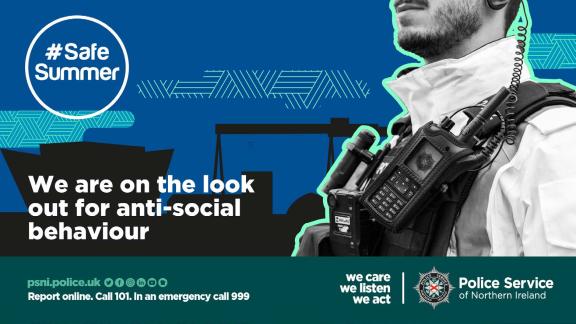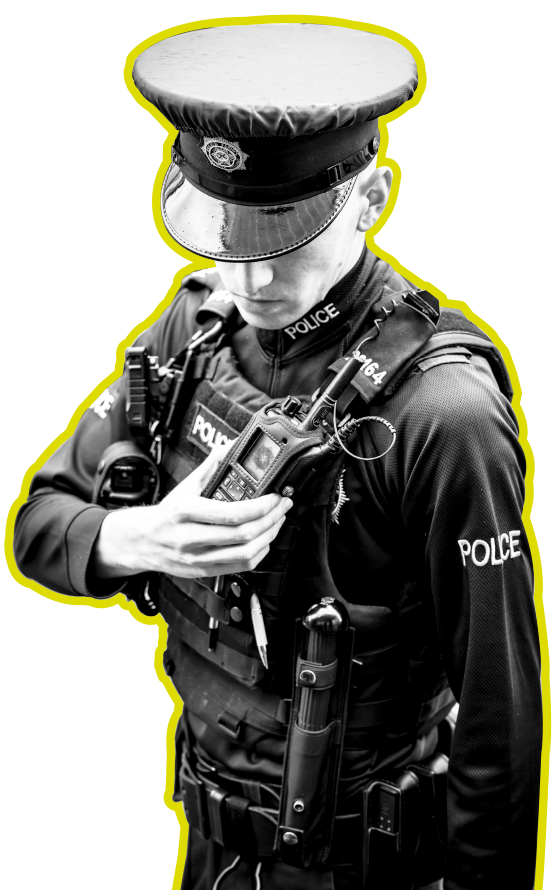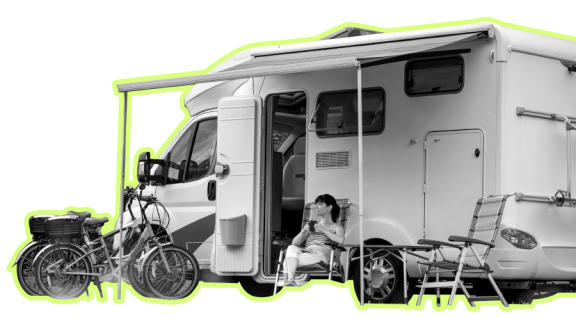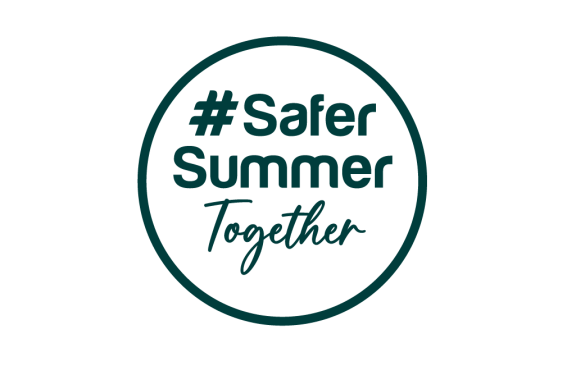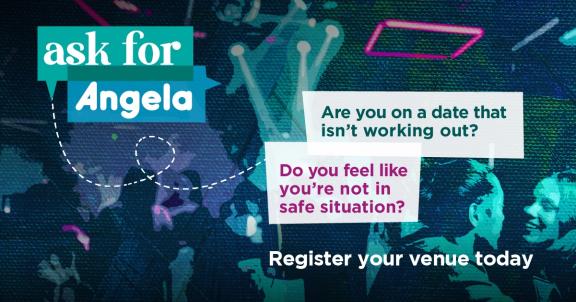Anti-Social Behaviour (ASB)
What is anti-social behaviour?
Anti-social behaviour (ASB) encompasses various forms of disruptive conduct, including:
- Excessive noise
- Graffiti
- Littering
- Neighbour disputes
While these behaviour may not be classified as criminal offences, they can significantly impact the quality of life for individuals and communities. If you encounter any instances of anti-social behaviour, it is crucial to report them promptly to prevent the situation from escalating.
Who deals with anti-social behaviour?
Local councils, the Housing Executive, housing associations, private landlords and police are responsible for dealing with different types of anti-social behaviour.
Learn who to contact regarding specific types of non-criminal anti-social behaviour on NI Direct's website.
What type of anti-social behaviour should I report to police?
Some anti-social behaviour is criminal activity. You should contact us to report:
- Motoring offences
- Drunken and rowdy behaviour in a public place
- Criminal damage
- Assaults
- Theft
- Intimidation
- Harassment
- Drug use or drug dealing
- Hate crime


